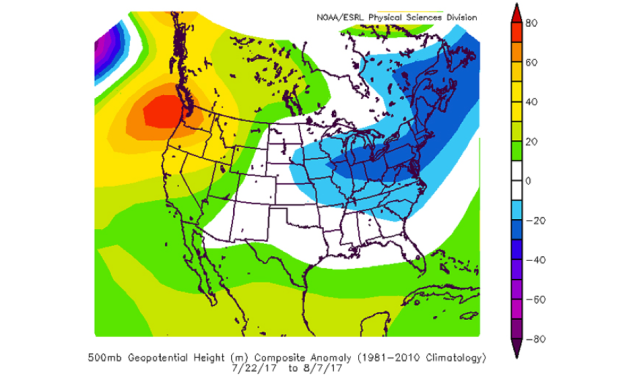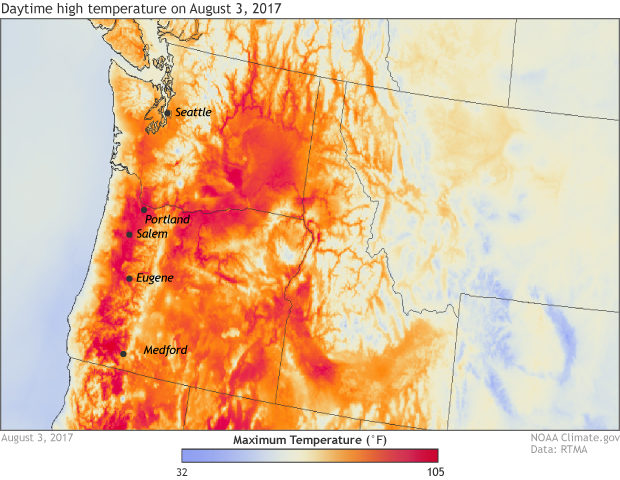
Russia asks Philippines to honour helicopter purchase deal.Singer Chinmayi Sripada addresses surrogacy rumours, shares picture clicked ‘5-6 days after my miscarriage’.In Los Angeles, politics prove more complex than a racist conversation.‘I fondly remember that I smacked Hasan Ali for two sixes in the same over’: Rishabh Pant on playing Pakistan in T20 World Cup.
 Technology Lenovo Yoga 7i 14 Gen 7 review: Getting the basics right. Lifestyle Singer Chinmayi Sripada addresses surrogacy rumours, shares picture clicked '5-6 days after my miscarriage'. Explained Lothal to get heritage complex: Features, significance.
Technology Lenovo Yoga 7i 14 Gen 7 review: Getting the basics right. Lifestyle Singer Chinmayi Sripada addresses surrogacy rumours, shares picture clicked '5-6 days after my miscarriage'. Explained Lothal to get heritage complex: Features, significance.  Opinion US sanctions against China's semiconductor industry don't bode well for world. Projects linked to FIFA World Cup: ‘Employers asked Rs 5 lakh to send body’. Sports Big hits alone wouldn't decide this T20 World Cup Sachin Tendulkar details the science of running between wickets in Australia. Trending Matrimonial ad lists ‘Tier 1’ premier institutes as partner preference, netizens amused. Trending Father helps son with cerebral palsy complete Ironman Triathlon. Entertainment When Amitabh Bachchan had to apologise to Danny Boyle after Slumdog Millionaire. Entertainment The women of Four More Shots Please 3 react to criticism that the show is 'all about sex'. India-China border row: 'Nehru made mistakes that govts after him repeated'. Pawar & Fadnavis bat together on MCA poll pitch: What’s cooking?. Secondly, there need to be some long-term plans such as cutting down on greenhouse gas emissions and also adapt to the hotter climate by modifying the built environments. Heat action plans can be organised as early warning systems to help people deal with such events. In other words, the researchers are saying that if emission levels continue to rise, which in turn would increase average global temperatures, extreme heat waves will become less rare than they are today. This is to say that an event which is considered extremely rare (occurring once in about 1000 years) could occur roughly every five to ten years. Significantly, at the current rates of emissions, when the world is warmer by 2☌ (0.8☌ more than what it is today) around the 2040s, a typical heatwave type of event could be at least another degree hotter.
Opinion US sanctions against China's semiconductor industry don't bode well for world. Projects linked to FIFA World Cup: ‘Employers asked Rs 5 lakh to send body’. Sports Big hits alone wouldn't decide this T20 World Cup Sachin Tendulkar details the science of running between wickets in Australia. Trending Matrimonial ad lists ‘Tier 1’ premier institutes as partner preference, netizens amused. Trending Father helps son with cerebral palsy complete Ironman Triathlon. Entertainment When Amitabh Bachchan had to apologise to Danny Boyle after Slumdog Millionaire. Entertainment The women of Four More Shots Please 3 react to criticism that the show is 'all about sex'. India-China border row: 'Nehru made mistakes that govts after him repeated'. Pawar & Fadnavis bat together on MCA poll pitch: What’s cooking?. Secondly, there need to be some long-term plans such as cutting down on greenhouse gas emissions and also adapt to the hotter climate by modifying the built environments. Heat action plans can be organised as early warning systems to help people deal with such events. In other words, the researchers are saying that if emission levels continue to rise, which in turn would increase average global temperatures, extreme heat waves will become less rare than they are today. This is to say that an event which is considered extremely rare (occurring once in about 1000 years) could occur roughly every five to ten years. Significantly, at the current rates of emissions, when the world is warmer by 2☌ (0.8☌ more than what it is today) around the 2040s, a typical heatwave type of event could be at least another degree hotter. 
They also note that this heatwave was 2☌ hotter than it would have been if it had occurred at the beginning of the industrial revolution (around late 1700s) when the global average temperatures were 1.2☌ cooler than what they are today. The researchers are saying that in the absence of human-induced climate change, the heatwave such as seen recently in the Pacific Northwest would have been 150 times rarer. Click here for more What do these possible explanations mean?







 0 kommentar(er)
0 kommentar(er)
